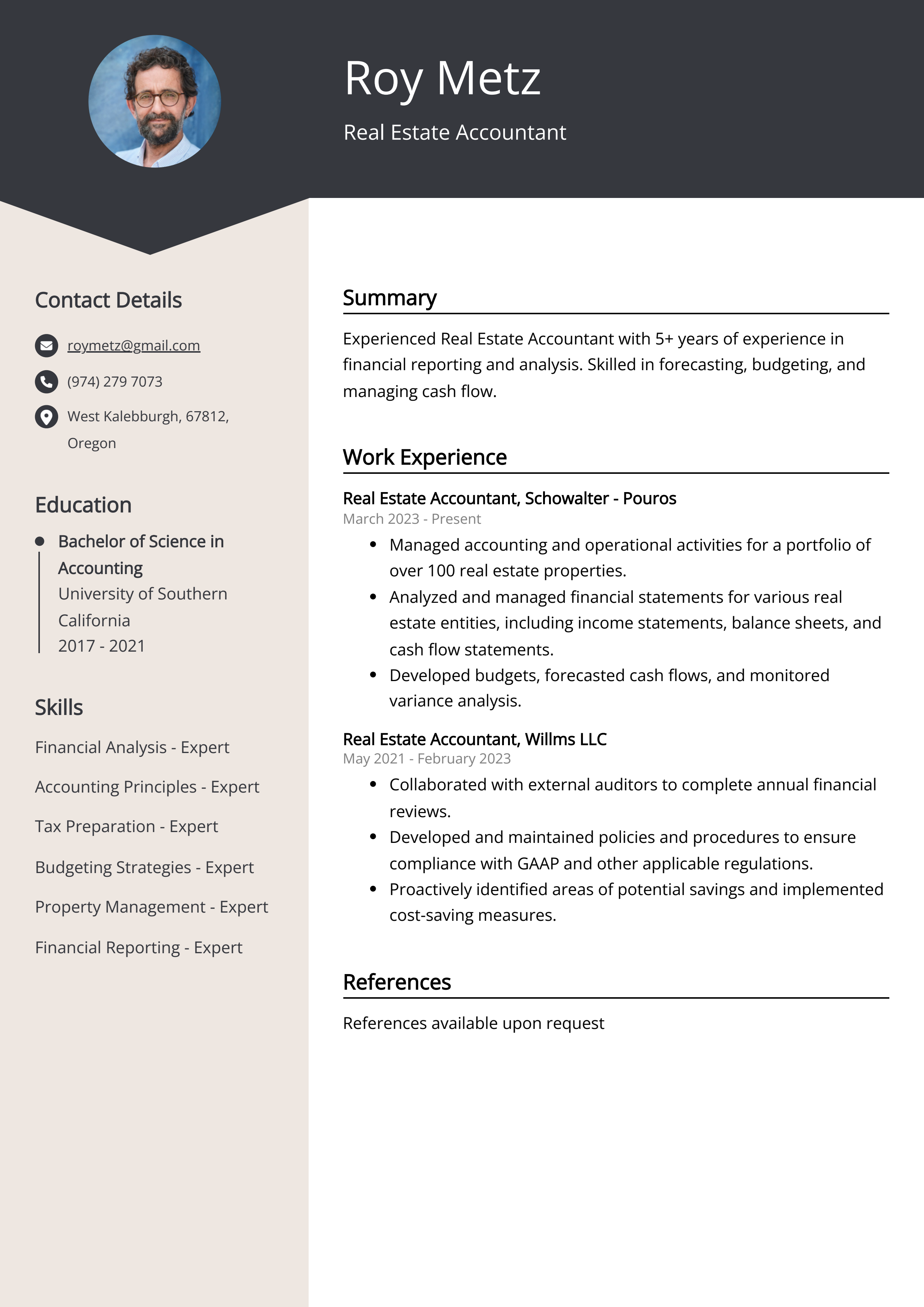Understanding the Importance of Building Bookkeeping in the Building And Construction & Realty Sector
In the building and construction and realty industry, the importance of construction audit can not be overstated; it offers as a cornerstone for accomplishing monetary success and functional performance. By employing careful work cost tracking and critical cash flow administration, companies can address the distinct obstacles posed by complex jobs. In addition, the ability to maintain transparency and make sure governing conformity plays an important function in fostering trustworthiness and competitive advantage. Despite its significance, numerous organizations neglect important practices that could boost their economic efficiency. Checking out these nuances exposes crucial insights that can improve how sector gamers approach their monetary administration strategies.
Secret Principles of Building And Construction Accountancy
Comprehending the unique monetary landscape of the construction sector needs a strong grasp of key principles of building and construction bookkeeping. Construction Accounting. At its core, building and construction bookkeeping varies substantially from standard accountancy practices because of the intricacies inherent in project-based procedures. One fundamental principle is work costing, which requires tracking all expenditures related to private tasks. This enables specialists to assess earnings properly and manage budget plans properly.
One more important concept is using progress billing, which enables specialists to obtain settlements based upon the percent of job finished. This approach aids keep capital throughout the project duration, essential for operational stability. Additionally, understanding income recognition is essential; the percentage-of-completion technique is typically utilized to align income with project milestones, reflecting the task's financial truth.
Additionally, building bookkeeping emphasizes the importance of accurate projecting and budgeting, as jobs typically cross several months or years. Reliable task administration tools and software can assist in checking economic efficiency, making certain that all stakeholders have exposure into the task's monetary health and wellness. Mastering these concepts furnishes construction companies to navigate their unique economic difficulties and optimize their functional effectiveness.
Difficulties Distinct to Building And Construction Projects
What obstacles do construction projects deal with that set them apart from various other markets? One significant obstacle is the intrinsic complexity of building projects, which usually include numerous stakeholders, consisting of professionals, vendors, clients, and subcontractors. Each event may have various top priorities and timelines, resulting in control difficulties that can affect task delivery.
Furthermore, building and construction projects are vulnerable to variations in material prices and labor availability, which can interrupt schedules and budget plans. Weather also posture a distinct difficulty, as unanticipated hold-ups can lead to enhanced expenses and prolonged timelines. Regulative compliance and permitting processes vary by region, including one more layer of complexity that should be navigated thoroughly.
One more unique hurdle is the project lifecycle, identified by stages such as design, construction, procurement, and bargain. Each phase calls for careful planning and financial monitoring to make sure source allocation straightens with job objectives. The possibility for modification orders and scope alterations better complicates monetary monitoring, demanding robust accounting methods to keep profitability.
Finally, the sector regularly faces cash circulation concerns, as repayments are typically contingent upon job milestones. This can stress financial resources, making efficient building and construction accounting essential to getting rid of these difficulties.

Advantages of Accurate Financial Monitoring
Exact financial monitoring offers as a foundation for effective building job monitoring, particularly taking into account the special difficulties encountered by the sector. By keeping exact monetary documents, building firms can enhance decision-making processes, allowing supervisors to assign resources successfully and respond quickly to financial restrictions.
Among the essential benefits of accurate financial tracking is enhanced capital try this web-site administration. Understanding when money schedules from customers and when payments to providers are required helps protect against cash scarcities, ensuring projects stay on timetable. Additionally, it enables firms to identify discrepancies early, minimizing the threat of spending plan overruns.
Additionally, accurate monetary information helps with efficient job forecasting. By evaluating past monetary efficiency, business can make educated estimates for future tasks, lowering the probability of unpredicted costs. This foresight additionally helps in developing affordable proposals, as companies can supply even more precise rates to customers.
Lastly, exact monetary monitoring boosts conformity with regulative demands and legal responsibilities. By systematically recording revenues and expenses, construction firms can conveniently create necessary reports for audits, protecting themselves against prospective lawful conflicts. In recap, exact financial tracking is vital for cultivating financial stability and promoting lasting success in the view it now construction sector.

Necessary Devices and Software Program
How can building companies effectively handle their monetary data in a progressively complicated landscape? The solution exists in leveraging important devices and software application tailored to the special needs of the building and construction and realty market. Building and construction accountancy software supplies robust options for monitoring costs, taking care of spending plans, and generating economic records. By utilizing devoted systems, business can streamline their accounting procedures and make certain compliance with sector laws.
Popular building audit devices, such as Sage 300 Construction and Actual Estate, Perspective View, and copyright Specialist, offer attributes that promote project-based audit. These systems make it possible for real-time monitoring of job prices, pay-roll processing, and invoicing, permitting for higher economic exposure and control. Furthermore, cloud-based options give the benefit of remote accessibility, ensuring that stakeholders can team up efficiently no matter their place.
Incorporating project administration software with accountancy devices further boosts operational efficiency. This integration permits smooth data sharing, lowering the chance of errors and enhancing decision-making. Ultimately, picking the right mix of essential devices and software is vital for building business aiming to enhance their economic management and sustain growth in an open market.
Best Practices for Building Accounting
Reliable financial monitoring in building accountancy depends upon the implementation of ideal practices that foster accuracy and transparency. One core principle is the utilization of customized construction bookkeeping software application, which improves procedures such as pay-roll, task, and invoicing costing. This innovation not only reduces errors yet additionally boosts reporting capacities.
One more crucial practice is preserving meticulous documents. Keeping in-depth documents of agreements, adjustment orders, and invoices guarantees that all deals are traceable and proven. When disputes develop., this level of documentation is especially visit this website crucial throughout audits or.
Regular economic reviews and settlements additionally contribute dramatically to effective building and construction accounting. By regularly contrasting real costs to budgeted amounts, companies can identify variations quickly and change their approaches accordingly. Establishing a clear chart of accounts tailored to the particular needs of the construction sector more help in arranging financial information, permitting even more insightful evaluation.
Conclusion
In verdict, construction accounting functions as an essential element in the construction and realty industry, facilitating effective financial management and task success. By adhering to essential concepts and employing vital tools, companies can browse the unique difficulties of building and construction projects while profiting of accurate economic tracking. Applying ideal methods not just enhances profitability and capital administration yet also makes certain compliance with regulatory requirements, eventually cultivating sustainable development within an affordable landscape.

In the building and actual estate market, the value of building and construction accounting can not be overemphasized; it serves as a keystone for attaining financial success and operational effectiveness.Comprehending the one-of-a-kind economic landscape of the building industry needs a solid understanding of key concepts of construction audit. In recap, accurate financial monitoring is essential for cultivating economic security and promoting long-lasting success in the construction market.
